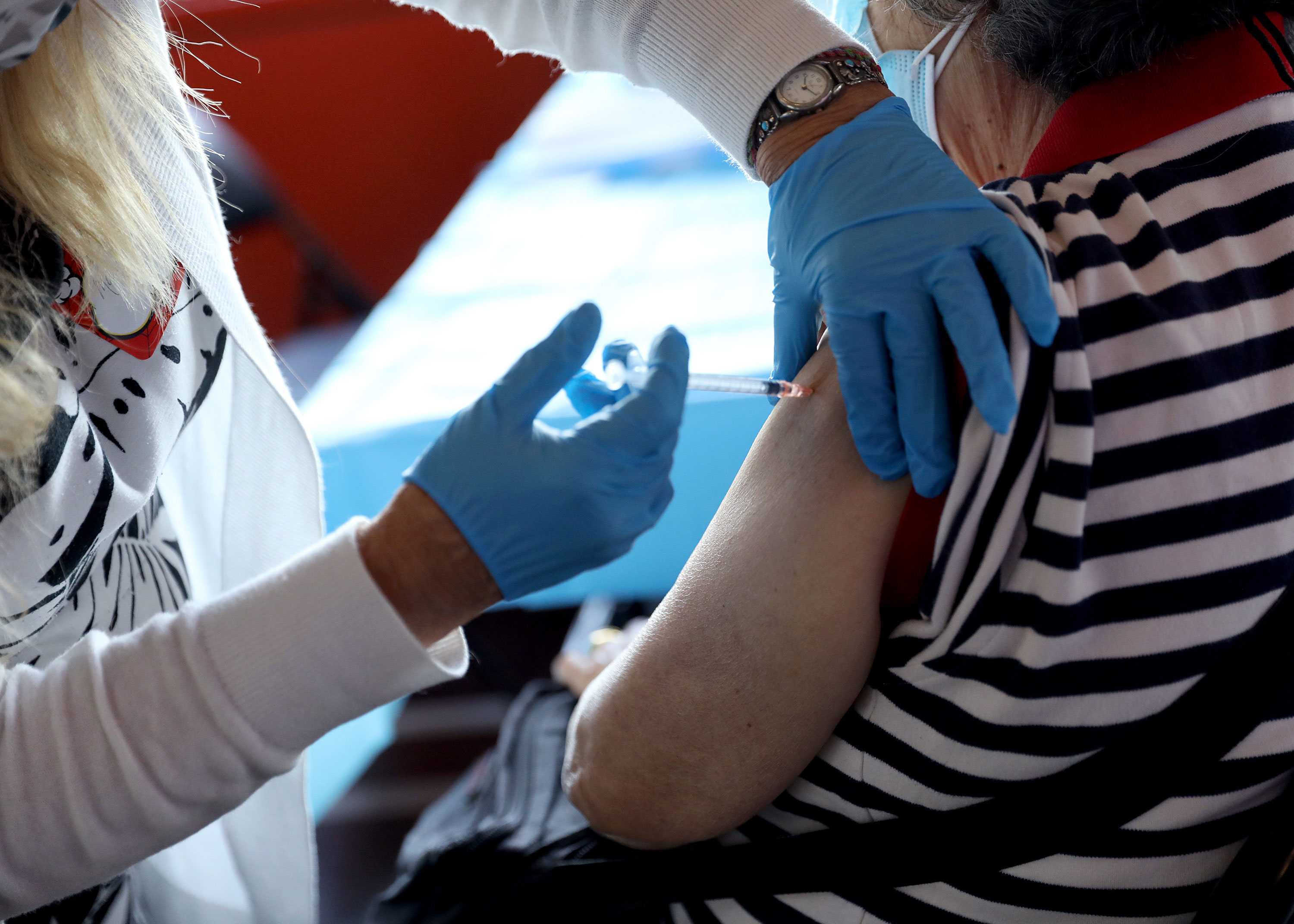
News
September 21, 2025
How to get a COVID-19 shot and ensure it's covered by your insurance
Drugstores are ready to deliver COVID-19 vaccines this fall, and insurers plan to cover them, even though new CDC advisers declined to recommend them.
**Navigating Your Fall COVID-19 Vaccine: Access and Insurance Coverage**
As fall approaches, drugstores are gearing up to administer the latest COVID-19 vaccines, offering a convenient way for individuals to protect themselves against the virus. While the Centers for Disease Control and Prevention (CDC) advisers recently opted against a formal recommendation for the updated vaccines, insurance companies are still planning to cover the cost of the shots. This means access to vaccination should remain readily available for most Americans.
So, how do you get your COVID-19 vaccine this fall and ensure your insurance covers it? The process is relatively straightforward. Most major pharmacies, including national chains like Walgreens, CVS, and Rite Aid, will offer the updated vaccines. Check their websites or call your local branch to confirm availability and scheduling options. Many pharmacies allow you to book appointments online, making the process even more convenient.
To ensure your insurance covers the vaccine, it's crucial to bring your insurance card with you to your appointment. The pharmacy will typically bill your insurance provider directly. It's also a good idea to contact your insurance company beforehand to verify coverage details. Ask about any potential co-pays or deductibles that might apply. While most insurers are expected to cover the vaccine without cost-sharing, confirming this beforehand can prevent any unexpected charges.
Even though the CDC advisory committee chose not to issue a formal recommendation, the decision doesn't impact insurance coverage. Insurers are still committed to providing access to COVID-19 vaccines, recognizing their importance in protecting public health. This commitment stems from existing regulations and agreements aimed at ensuring widespread access to preventative care.
If you are uninsured, there may still be options available to receive the vaccine at no cost. Check with your local health department or community health centers. Many offer free or low-cost vaccinations to individuals without insurance coverage.
Staying informed about vaccine availability and insurance coverage is key to navigating the fall vaccination season. By taking these steps, you can ensure you have access to the COVID-19 vaccine and protect yourself and your community. Remember to consult with your healthcare provider if you have any specific questions or concerns about the vaccine.
As fall approaches, drugstores are gearing up to administer the latest COVID-19 vaccines, offering a convenient way for individuals to protect themselves against the virus. While the Centers for Disease Control and Prevention (CDC) advisers recently opted against a formal recommendation for the updated vaccines, insurance companies are still planning to cover the cost of the shots. This means access to vaccination should remain readily available for most Americans.
So, how do you get your COVID-19 vaccine this fall and ensure your insurance covers it? The process is relatively straightforward. Most major pharmacies, including national chains like Walgreens, CVS, and Rite Aid, will offer the updated vaccines. Check their websites or call your local branch to confirm availability and scheduling options. Many pharmacies allow you to book appointments online, making the process even more convenient.
To ensure your insurance covers the vaccine, it's crucial to bring your insurance card with you to your appointment. The pharmacy will typically bill your insurance provider directly. It's also a good idea to contact your insurance company beforehand to verify coverage details. Ask about any potential co-pays or deductibles that might apply. While most insurers are expected to cover the vaccine without cost-sharing, confirming this beforehand can prevent any unexpected charges.
Even though the CDC advisory committee chose not to issue a formal recommendation, the decision doesn't impact insurance coverage. Insurers are still committed to providing access to COVID-19 vaccines, recognizing their importance in protecting public health. This commitment stems from existing regulations and agreements aimed at ensuring widespread access to preventative care.
If you are uninsured, there may still be options available to receive the vaccine at no cost. Check with your local health department or community health centers. Many offer free or low-cost vaccinations to individuals without insurance coverage.
Staying informed about vaccine availability and insurance coverage is key to navigating the fall vaccination season. By taking these steps, you can ensure you have access to the COVID-19 vaccine and protect yourself and your community. Remember to consult with your healthcare provider if you have any specific questions or concerns about the vaccine.
Category:
Politics